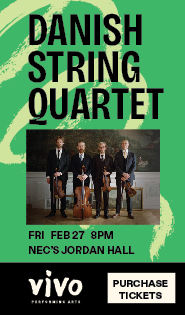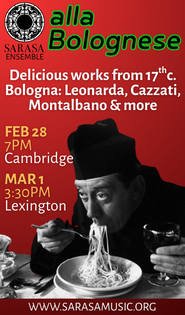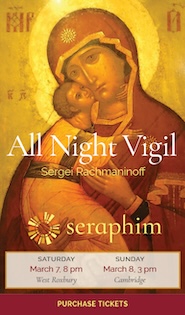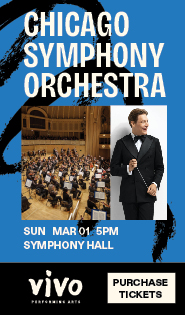From Berlioz to Bartók, Morlot and BSO deliver a rich musical feast
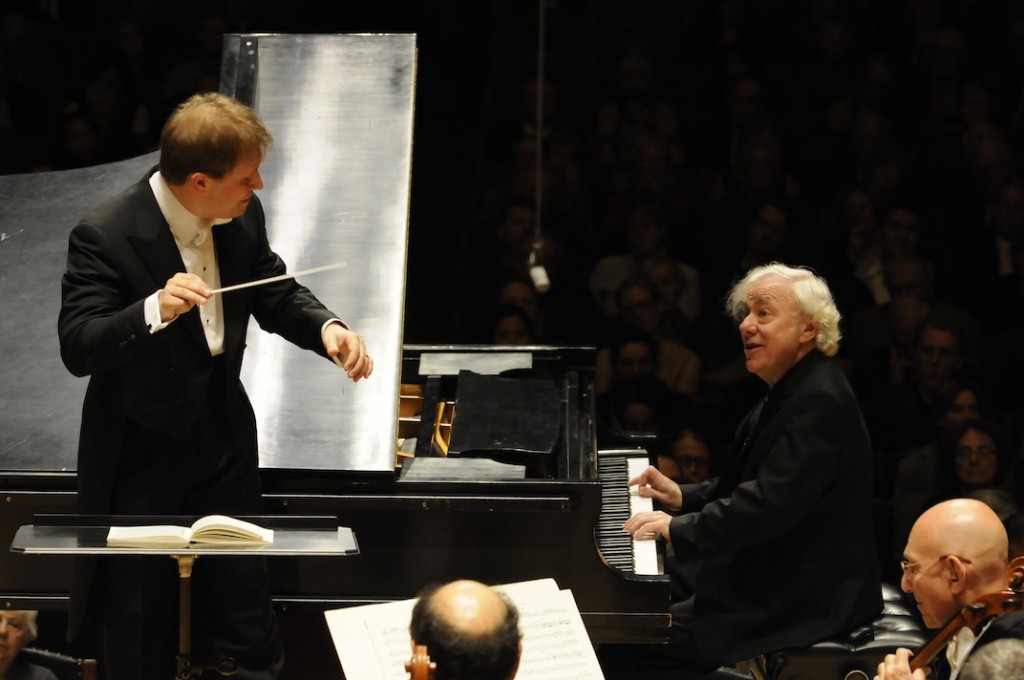
Soloist Richard Goode collaborates with conductor Ludovic Morlot and the Boston Symphony Orchestra in Mozart's Piano Concerto No. 25 Thursday night at Symphony Hall. Photo: Stu Rosner
On Thursday night in Symphony Hall, French-born conductor Ludovic Morlot and the Boston Symphony Orchestra served up a program that proved four rich dishes can make a satisfying musical meal.
During this season when the BSO is pondering the choice of its next music director, some visiting conductors are displaying their skills in programs of familiar works. Morlot, a former assistant conductor of the BSO and (as of last September) music director of the Seattle Symphony, presented a menu of Berlioz, Mozart, Carter, and Bartók that was anything but predictable. Each piece, in its own way, offered delights to the ear and much for the mind.
Even the most familiar item, Berlioz’s Roman Carnival Overture, was served fresh and piping hot. Morlot’s baton propelled the music with rhythmic verve and clarity, and Berlioz’s extraordinary orchestration shone through, from the creamy wind combinations to the uncanny glow of the middle strings.
Mozart’s Piano Concerto No. 25 in C major, K. 503, is heard less often than some of his others, perhaps because it sounds much of the time less like a piano concerto than a concerto for orchestra with piano obbligato. It is also composed in Mozart’s ceremonious C-major style, and so less inclined than other concertos toward operatic expression. The orchestral exposition is unusually long, and even the Andante movement is mainly a composition for orchestra, with the piano rarely taking the lead.
Accordingly, one was more aware than usual of the conductor’s contribution to this concerto performance, and at times during the first movement Morlot’s splendid realization of Mozart’s score seemed about to overwhelm the thoughtful, sometimes fanciful playing of the soloist, Richard Goode. Things righted themselves after that, however, and Goode’s playing impressed with its natural flow from one heterogeneous idea to the next, be it a fetching new theme or a sudden scamper around the keys in broken octaves.
Both Mozart and Elliott Carter said the flute didn’t suit them as an instrument, Carter complaining that it didn’t produce the sound “attack” he liked to use in composition. Still, both men eventually composed fine music for the flute, although Carter waited to do so until he was 99. (If only we’d had Mozart that long!) Carter’s belated result was the colorful and expressive Flute Concerto, performed here by the BSO’s principal flutist Elizabeth Rowe.
Unusually for Carter, this single-movement work is divided into a half-dozen clearly discernible musical episodes, and in some of them the smooth, no-attack flute is itself attacked on all sides by Carterian percussion thumps and karate chops in the strings, as if the composer has cast the flutist as Orpheus and himself as the furies. In other sections, however, Rowe returned to her role as team player, threading her sound through the orchestral texture, most remarkably in the closing pages, where the customary brilliant finish is sublimated in a very light, very fast sprinkle of staccato passages for the soloist. Playing with complete technical assurance, Rowe collaborated admirably with Morlot to create these unusual textures.
Bartók’s Suite from The Miraculous Mandarin pushes an orchestra to the limits of the fantastic and grotesque. The stage pantomime’s lurid narrative of sexual temptation, thuggery and murder is clearly audible in the suite, as depicted in character-evoking wind solos, an off-kilter foxtrot, a madly violent fugue, and many passionate moments of Bartók’s trademark Hungarian rubato. Morlot and the BSO players realized the wild score stylishly and with full abandon.
The program will be repeated 8 p.m. Saturday and Tuesday. bso.org; 617-266-1200.
Posted in Performances
